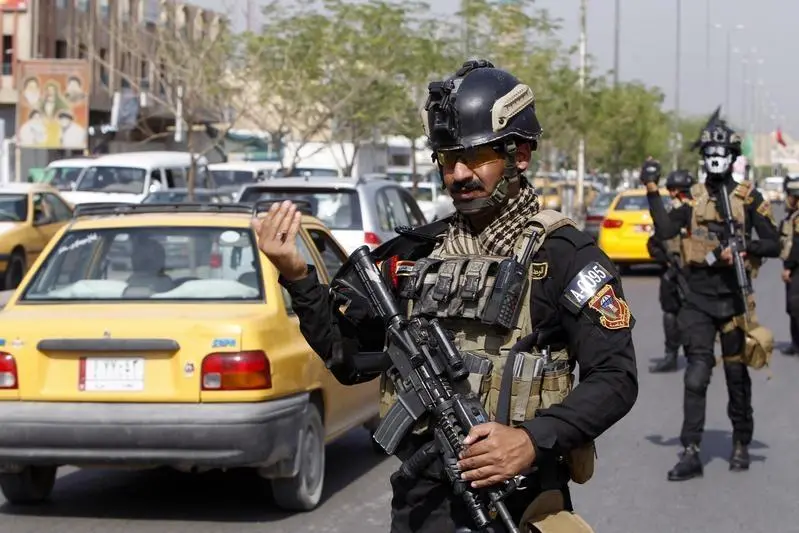PHOTO
Iraq is stepping up efforts to curb money laundering and terrorism financing.
Iraq's parliament is expected to soon endorse a new law that aims to combat money laundering and terrorism financing, the government's economic adviser said.
Mazhar Mohammad Saleh told TR Zawya that the draft law, which was approved by the cabinet in June, would be more inclusive than a 2004 law that was drawn up by the Coalition Provisional Authority. He said the new law would cover tax evasion, smuggling of antiquities and cash as well as corruption.
"The new law will draw additional policies, legislations and procedures to chase and trace money and smugglers through a national council," Saleh said.
"It will also meet Iraq's financial interest and open the way for the country to conduct economic activities at the international level," he added. "Between 3-5% of Iraqi GDP has been lost due to smuggling during the past 10 years as a result of money laundering."
The Financial Action Task Force (FATF) said in June that Iraq has not made sufficient progress to stem money laundering and terrorism financing. It said Baghdad needed to adequately criminalise such acts, establish a legal framework for identifying, tracing and freezing terrorist assets, establish effective customer due diligence measures and a financial intelligence unit, introduce suspicious transaction reporting requirements and put in place a supervisory and oversight program for all financial sectors.
"Punishments imposed under the old law were ridiculous, with those convicted of money laundering facing no more than four years in jail," said legal expert Tariq Harb.
The draft law is being introduced at a time when global efforts are being exerted to cut off the funding of militant group Islamic State, which has taken control of large swathes of Iraq and Syria, and whose main sources of revenue include bank looting and extortion, control of oil fields and refineries and cash smuggling.
The Iraqi government and several global financial institutions have taken steps to prevent banks in territories held by Islamic State from accessing the international financial system, FATF said in a report issued in February.
Building confidence
Naim Khudair, director general of the Anti-Money Laundering Office at the Central Bank of Iraq, said the government had pledged to pass new legislation for anti-money laundering and terrorism financing by October 2015.
"There are instructions to give special importance to monitoring bank transactions by politicians and their families in addition to monitoring their dealings in real estate and gold," Khudair said.
Central Bank Governor Ali Al Allaq said the new law would help reassure foreign investors.
"The new law will facilitate the entry of big companies into Iraq and increase their confidence in the country's economic environment," he said.
The deteriorating security situation, poor governance and inconsistent regulations have kept Iraq at low ratings of global rankings for doing business, according to the World Bank.
Mithaq Al Hamidi, a member of parliament's economy and investment committee, said that while it would prove difficult for Iraq to recover smuggled funds, the new law would have a greater impact in preventing illegal transactions.
MP Najeeba Najeeb, another member of the committee, said that the new draft law was backed by all political parties. But she said that more cooperation between the executive, legislative and judiciary branches were needed to tackle corruption and money laundering.
© Zawya 2015





















